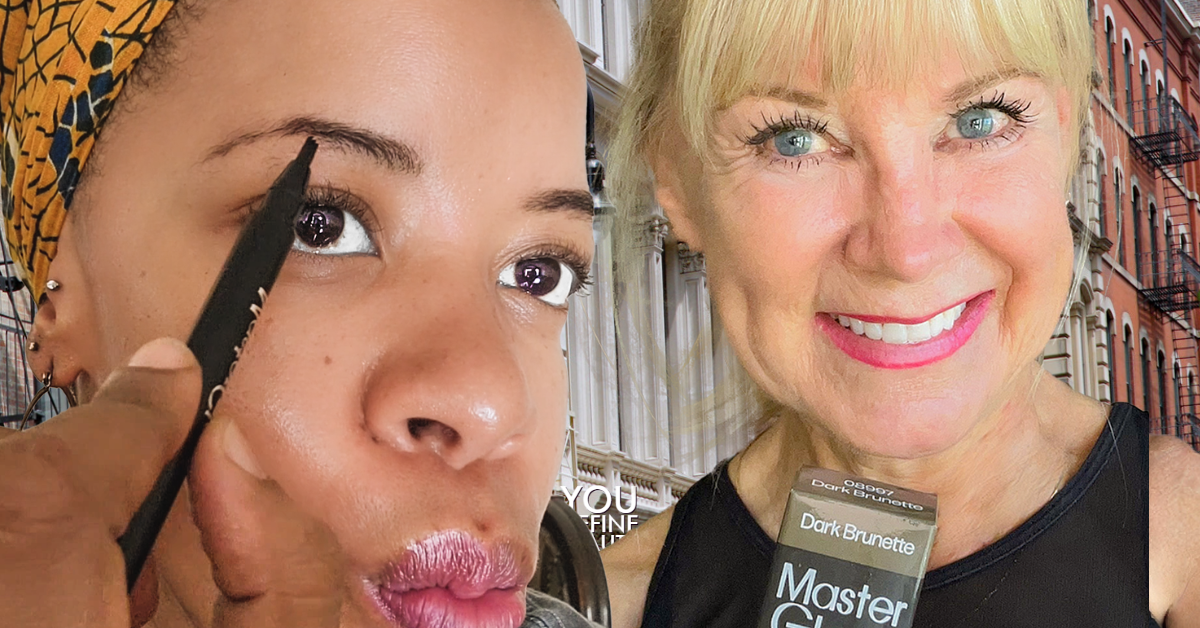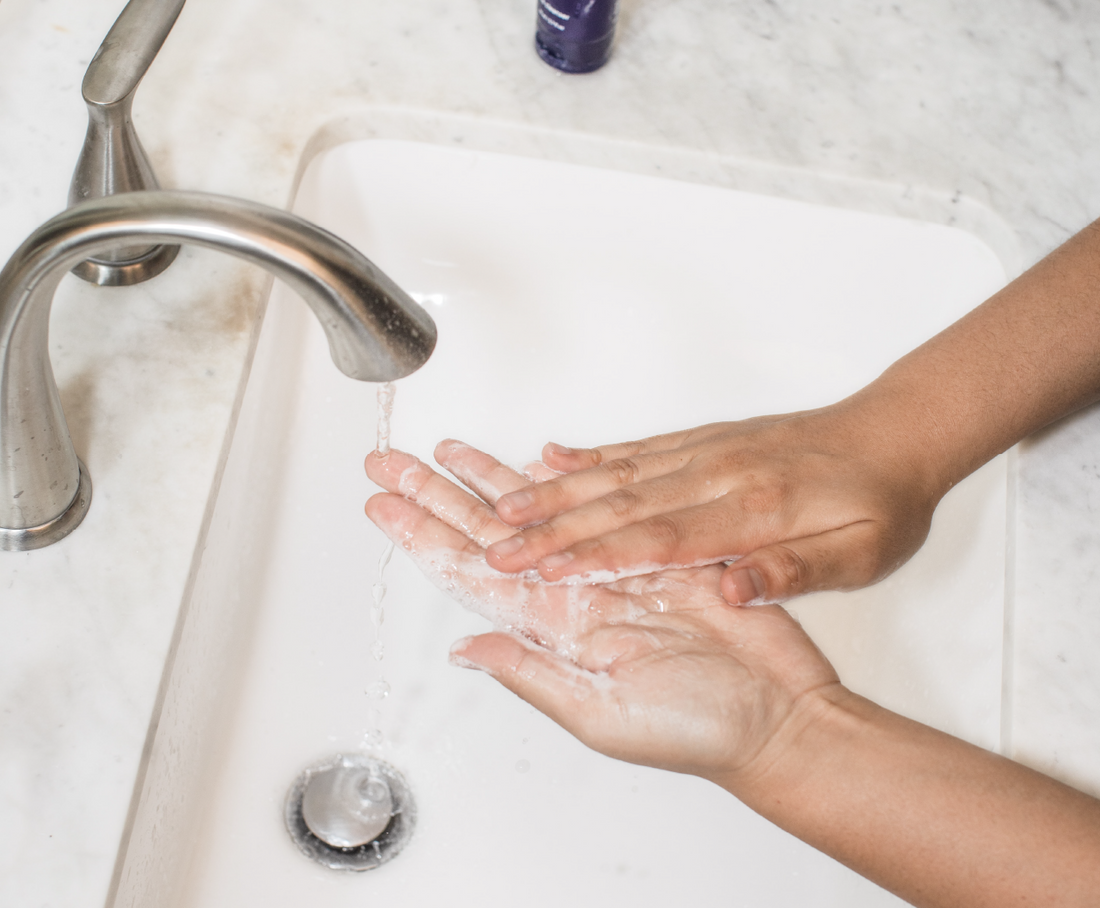Barrier-boosting ingredients were all the rage in 2022. What exactly is the barrier that we often refer to? The stratum corneum is the outermost layer of the skin, and it plays a number of key functional roles in maintaining the health and function of your skin. It's no wonder why so many skin disorders stem from a disorder with skin barrier function. The all-important stratum corneum serves four primary functions:

You can think of the SC as a brick wall that helps keep out all the things you would want your skin to keep out.
-
Protection: The stratum corneum is the outermost layer of skin and serves as a protective barrier, protecting you from small allergens, chemicals, the like. You can think of the SC as a brick wall that helps keep out all the things you would want your skin to keep out.
-
Hydration: The stratum corneum helps to maintain the hydration of your skin by preventing water loss through evaporation. Humectants like glycerin and hyaluronic acid work to improve surface-level moisture (although glycerin can manage to penetrate a bit deeper due to its comparatively small molecular weight). Natural moisturizing factor (NMF) is a group of substances that are naturally present in the stratum corneum, the outermost layer of the skin. NMF is made up of water-soluble molecules, including amino acids, lactic acid, and urea, which help to keep the skin hydrated and moisturized. NMF works by attracting and holding water in the skin (thereby reducing transepidermal water loss or TEWL), helping to prevent dryness and maintain the skin's elasticity and smoothness. Low NMF levels can lead to dry, dehydrated skin, although age and skincare use can be a contributing factor.
-
Sensation: The stratum corneum contains nerve endings that help the body register and feel touch of another human being, temperature, and pain (from both).
-
Repair: When the stratum corneum is damaged, it manages to repair itself by producing new skin cells to replace the damaged ones.
Here are 6 ways that you can help to build up your skin barrier and maintain the strength and resilience of your stratum corneum to keep your largest organ feeling healthy and protected:
1. Add ceramides to your shopping list
Using a moisturizer can help to keep your skin hydrated and strengthen the skin barrier. Look for a moisturizer that is appropriate for your skin type and contains ingredients that can help to strengthen the skin barrier, such as ceramides or niacinamide.
2. Avoid astringents if you suffer from dry skin and other harsh skincare products
Using products that are too harsh or abrasive can strip the skin of its natural oils and weaken the skin barrier. While a spritz of sanitizing spray won't cause any lasting damage to your barrier, be mindful of using sanitizer if you're a germaphobe and take measures to counteract it. For instance, following up with hand lotion would be a perfectly good way to counteract the drying effect of using hand sanitizer multiple times per day.
3. Remember to exfoliate 2-3 times weekly, but not every day
Opt for a gentle skin scrub with alpha or beta hydroxy acids to aid in improve skin cell turnover for a glow up.
4. Protect your skin from environmental stressors
The skin barrier can be damaged from stressors like the sun's harmful rays, city pollution, and extreme temperatures.
To help protect your skin, be sure to use a broad-spectrum sunscreen with an SPF of at least 30 when you are working outdoors (YES, even in the winter), wear proper protective gear and avoid prolonged exposure to extreme cold or heat.
5. Try to get a good night's rest
Proper sleep and stress management can help to support healthy skin function and strengthen the skin barrier (studies show it does wonders for mental health, too!) Aim for at least 7-9 hours of sleep per night, try to manage stress through activities such as exercise, meditation, or speaking with a therapist.
If you have trouble falling asleep, speak to a licensed healthcare practitioner for good sleep hygiene habits you can follow, like abstaining from using your phone 30 minutes before you normally fall asleep.
6. Remember to eat a well-balanced diet
A robust diet that is rich in nutrients, a healthy ratio of monounsaturated fats and foods rich in antioxidants can help to support healthy skin function and strengthen the skin barrier.
Be sure to eat a variety of fruits, vegetables, and other whole foods, and avoid processed and sugary foods.
References
Lebwohl M, Herrmann LG. Impaired skin barrier function in dermatologic disease and repair with moisturization. Cutis. 2005 Dec;76(6 Suppl):7-12. PMID: 16869176.
Photo by Mick Haupt on Unsplash


